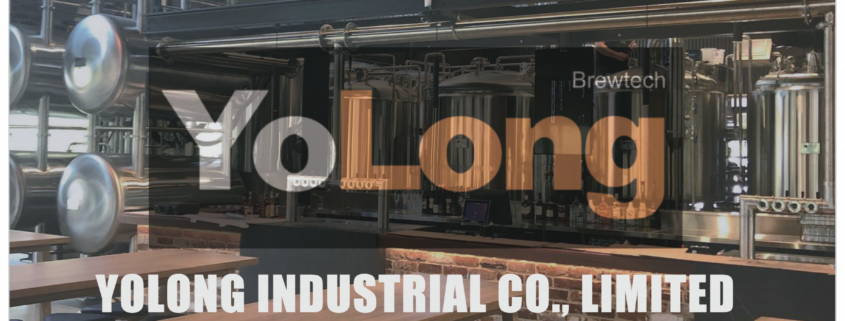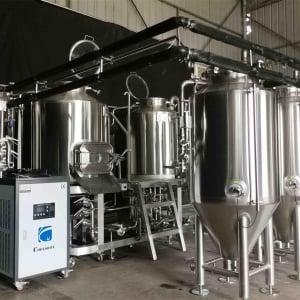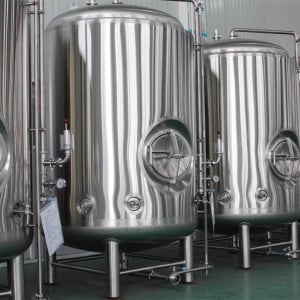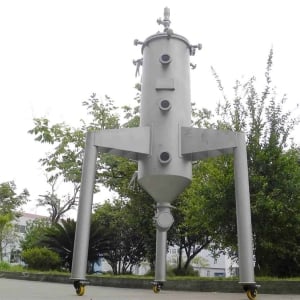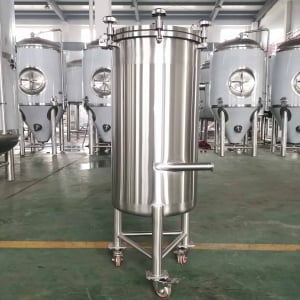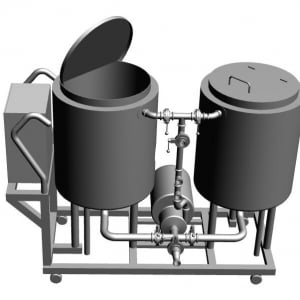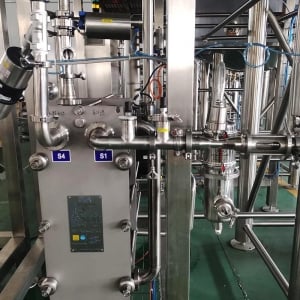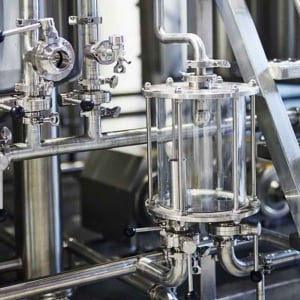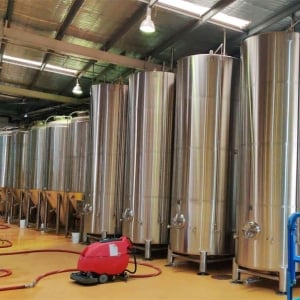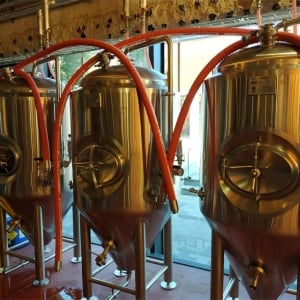Stainless Conical Tanks
Stainless conical tanks are the workhorses of various industries, ranging from brewing to pharmaceuticals. Whether you’re a seasoned professional or a curious beginner, this guide unpacks everything about these versatile tanks in great detail. By the end, you’ll have a crystal-clear understanding of their benefits, types, design, maintenance, and even how to choose the right supplier. Let’s dive in!
Overview of Stainless Conical Tanks
A stainless conical tank is a cylindrical vessel with a cone-shaped bottom, primarily crafted from high-quality stainless steel. Its unique design allows efficient sediment collection, making it indispensable in industries like brewing, winemaking, dairy, and pharmaceuticals. The material’s resistance to corrosion and its ability to handle pressure make these tanks a long-lasting investment.
Imagine a piece of equipment that combines durability, efficiency, and style. That’s a stainless conical tank for you. It’s like the superhero of storage tanks—tough, dependable, and ready for action in diverse applications.
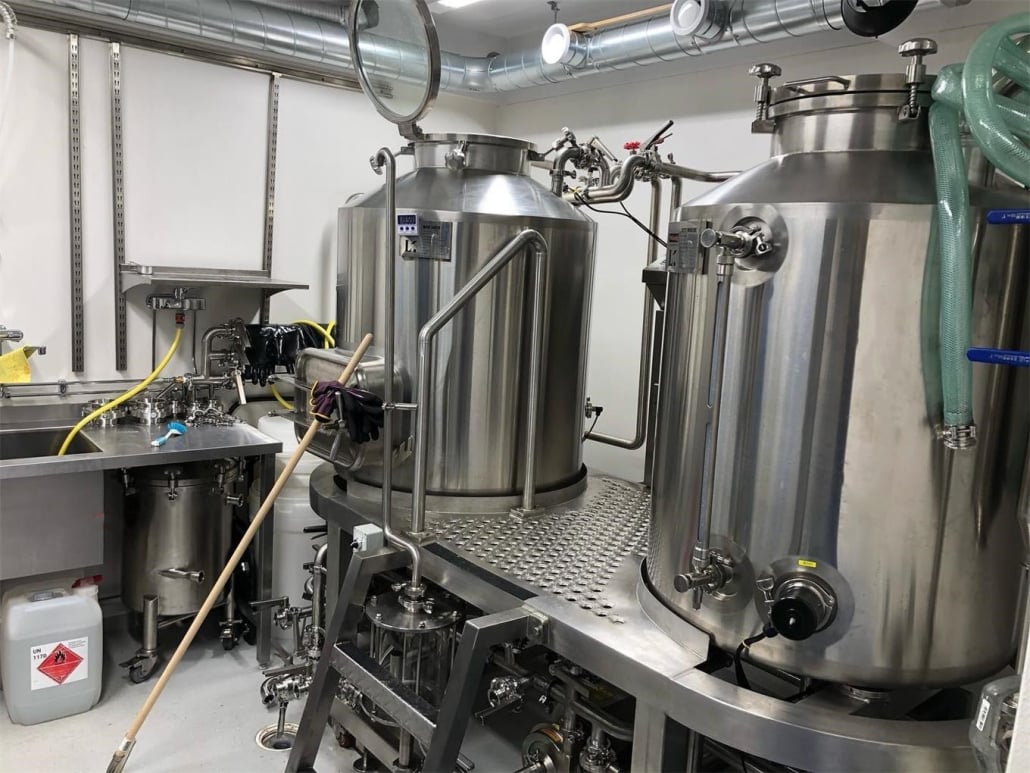
Why Choose Stainless Steel for Conical Tanks?
Stainless steel isn’t just any material—it’s the gold standard for conical tanks. But why? Here’s the breakdown:
- Durability: Stainless steel doesn’t rust or corrode, even when exposed to harsh environments.
- Hygiene: Its smooth, non-porous surface resists bacteria build-up, meeting stringent hygiene requirements.
- Temperature Resistance: Whether hot liquids or chilled storage, stainless steel handles temperature fluctuations like a pro.
- Aesthetic Appeal: Sleek and shiny, stainless steel looks as professional as it performs.
Think of stainless steel like the marathon runner of materials—it goes the distance without breaking down.
Applications of Stainless Conical Tanks
Stainless conical tanks serve many industries, each with unique needs. Let’s take a closer look:
1. Brewing Industry
Breweries love stainless conical tanks for fermenting beer. The cone-shaped bottom collects yeast and sediment, simplifying cleaning and improving beer quality.
2. Winemaking
Winemakers use these tanks for controlled fermentation. The stainless steel preserves the wine’s flavor, while the cone collects unwanted residues.
3. Pharmaceuticals
Hygiene is king in pharma, and stainless conical tanks deliver. They’re easy to sterilize and prevent contamination.
4. Food & Beverage
From milk to juices, stainless conical tanks store and process liquids while maintaining their purity and flavor.
5. Chemicals
Stainless steel resists chemicals, making these tanks ideal for storing corrosive substances safely.
Types of Stainless Conical Tanks
The variety of stainless conical tanks can boggle the mind, but let’s simplify things. Below is a table outlining the common types, their features, and ideal applications.
| Type | Features | Applications |
|---|---|---|
| Basic Conical Tank | Single-walled, cone-bottom, low-cost | Storage of liquids in small industries |
| Jacketed Tank | Insulated with heating/cooling jackets | Brewing, dairy, pharmaceuticals |
| Pressure Vessel | Built to handle high-pressure liquids | Carbonated beverages, chemical storage |
| Mobile Conical Tank | Fitted with wheels for portability | Small-scale breweries, lab settings |
| Custom Tanks | Fully customizable for unique needs | Specialized industrial processes |
Features and Customizations
Stainless conical tanks are highly customizable, ensuring they meet industry-specific needs. Here’s how you can tweak their design:
1. Size and Capacity
From a modest 50 liters to a massive 50,000 liters, the size depends on your application. Are you brewing beer for a small craft brewery or producing pharmaceuticals at scale? There’s a size for every need.
2. Internal Finish
Polished interiors reduce the risk of contamination. A mirror finish is standard for food and beverage tanks, while a matte finish works for non-food industries.
3. Cone Angle
The cone’s steepness affects sediment collection. A 60° angle works best for breweries, while flatter angles suit general storage needs.
4. Accessories
Add-ons like sight glasses, level indicators, and sampling ports enhance functionality. Think of these as the bells and whistles that turn a good tank into a great one.
Design Considerations
Choosing the perfect tank isn’t just about size and shape. Here are the design factors to keep in mind:
Material Grade
Most stainless conical tanks use 304 or 316 stainless steel. While 304 works for most applications, 316 is better for corrosive environments.
Surface Finish
A polished finish prevents bacteria growth, crucial for industries like pharmaceuticals and food processing.
Structural Strength
Reinforced designs handle higher pressure and stress, ensuring long-term reliability.
Stainless Conical Tank Price Range
Pricing varies based on size, features, and customization. Here’s an approximate range:
| Size/Capacity | Price Range (USD) | Notes |
|---|---|---|
| Small (50-500 liters) | $1,000 – $5,000 | Ideal for small-scale breweries or labs |
| Medium (500-5,000 liters) | $5,000 – $15,000 | Suitable for midsize industries |
| Large (5,000+ liters) | $15,000 – $50,000+ | Designed for large-scale industrial use |
Prices also depend on factors like insulation, automation, and additional accessories.
Installation, Operation, and Maintenance
Installation
Proper installation is key. Tanks should be placed on stable, level surfaces. Ensure fittings, valves, and connections are securely attached to prevent leaks.
Operation
Operating a stainless conical tank is straightforward. Monitor temperature, pressure, and fluid levels regularly. Automated systems simplify these tasks.
Maintenance
To keep your tank in tip-top shape:
- Clean regularly with industry-approved detergents.
- Inspect for dents or cracks, especially after heavy use.
- Lubricate moving parts like valves for smooth operation.
Choosing the Right Supplier
Finding the perfect supplier can feel like a quest, but here’s a roadmap:
| Factor | What to Look For |
|---|---|
| Reputation | Customer reviews, industry certifications |
| Customization Options | Ability to tweak size, features, and finishes |
| Price Transparency | Clear quotes with no hidden fees |
| After-Sales Support | Availability of spare parts, warranty, and technical support |
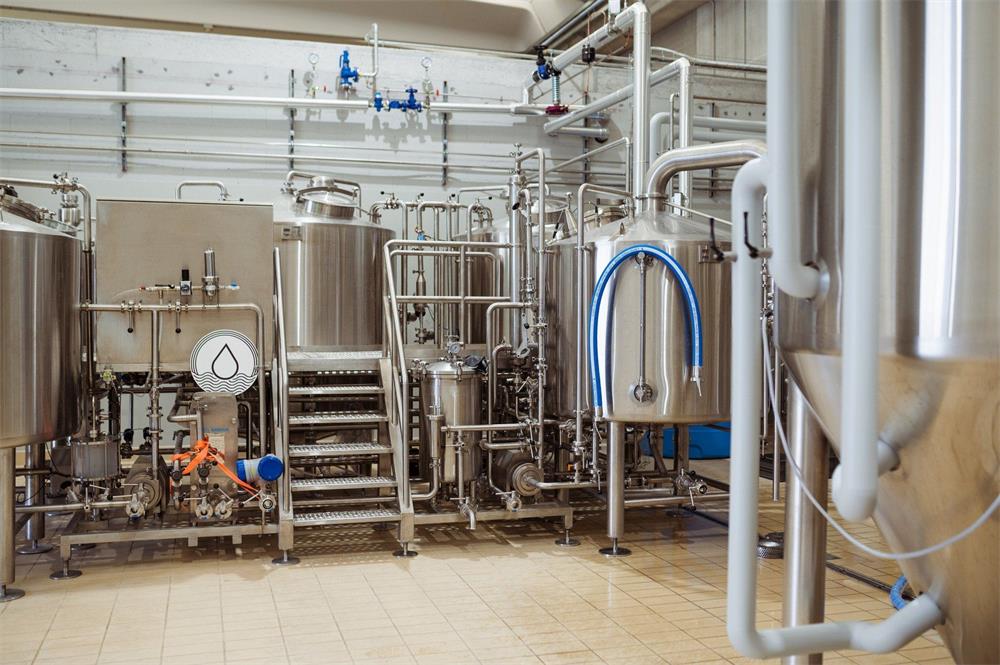
Advantages and Limitations
Advantages
- High durability and long life span
- Excellent hygiene and ease of cleaning
- Versatility across multiple industries
- Aesthetic appeal
Limitations
- Higher upfront cost compared to plastic or mild steel
- Heavier, requiring more robust support structures
FAQs
| Question | Answer |
|---|---|
| What industries use stainless conical tanks? | Brewing, winemaking, pharmaceuticals, food and beverage, chemicals, and more. |
| How do I clean a conical tank? | Use CIP (Clean-in-Place) systems or manual scrubbing with approved cleaning agents. |
| Can I customize my tank? | Absolutely! Common customizations include size, insulation, fittings, and surface finishes. |
| What’s the lifespan of a stainless tank? | With proper care, these tanks last 20+ years. |
| Are stainless conical tanks worth the investment? | Yes, their durability, versatility, and hygiene make them a cost-effective choice. |

